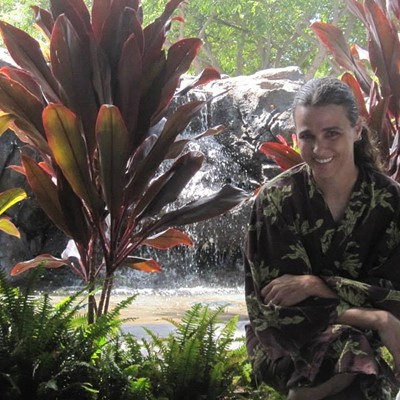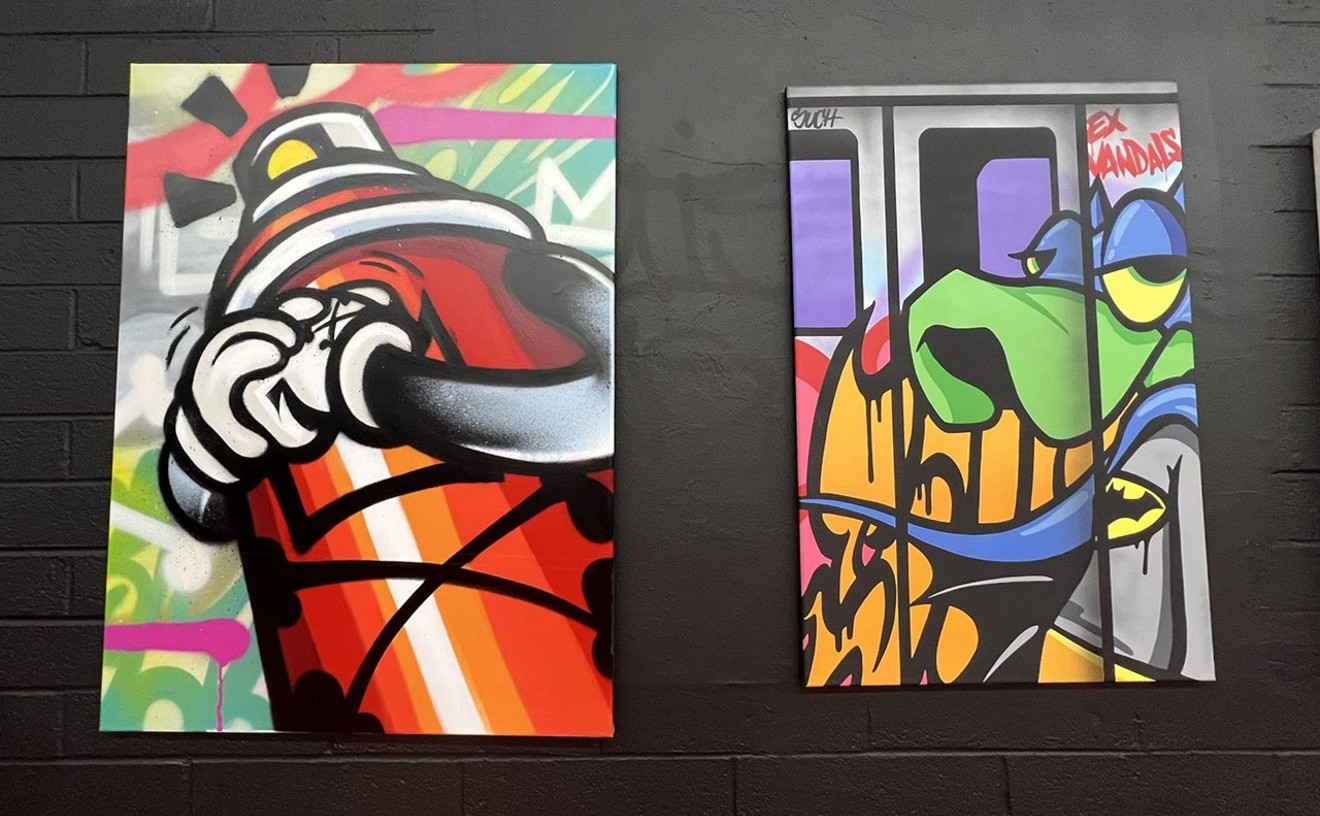The United States Drug Enforcement Administration hosted a media roundtable on synthetic drugs this morning. DEA Special Agent Gary Boggs discussed synthetic cannabanoids (commonly found in "herbal incense" like spice) and newer products being sold as "bath salts" that generally contain synthetic compounds said to produce effects similar to meth and cocaine.
Boggs discussed the DEA's ongoing efforts to emergency schedule five synthetic cannabanoids, and also talked about what recent lab tests found in so-called "bath salts." As we previously reported, the DEA announced its intention to place an emergency ban on the chemical compounds JWH-018, JWH-073, JWH-200, CP-47, 497, and cannabicyclohexanol (all commonly used in spice blends). Boggs discussed, among other things, why the ban has not taken effect yet.
Boggs couldn't say when the DEA emergency ban on synthetic cannabinoids would be in effect, but the DEA will post a final notice on the federal register when it is. Under the emergency scheduling guidelines, the DEA has one year to finish research and enforce the ban, with a possible six month extension. Boggs says permanent scheduling of drugs can take years. The fact that spice retailers in Minnesota have filed a lawsuit against the DEA may slow the process even more (the lawsuit is pending).
The spice chemicals are different from any drugs the DEA has previously emergency scheduled in that they're the first such drugs being sold in retail outlets. That's not the only way the game has changed. Boggs, who's been an agent with DEA for more than 20 years, says synthetics have really taken off in the Digital Age. "Synthetics are not new, but right now, we're seeing a lot more synthetics on the market," Boggs says, explaining that the evolution and popularity of synthetic drugs has exploded at a fast pace because of the Internet. "There's an increase in the availability of information -- whether it's good information or bad information -- and these products can be ordered over the Internet."
To get around the law, spice manufacturers and retailers are changing the chemicals compounds used in herbal incense to avoid the five specifically targeted in the ban. But Boggs says as soon as a synthetic substance is found to be chemically and pharmacologically similar to a controlled substance, they have the authority to ban it under the Federal Analogue Act. The problem is that there are so many chemical compounds being created the DEA couldn't possibly ban all of them right away. "Creative chemists are intentionally trying to circumvent drugs that are already scheduled," Boggs says.
Regarding bath salts, Boggs says DEA lab tests on products have found not only a synthetic stimulant called MDPV, but something called CFT, which Boggs said is a cocaine substitute. Bath salts generally also contain another synthetic stimulant called mephedrone. These synthetics are not controlled under the Controlled Substances Act, and the DEA is not pursuing an emergency ban on bath salts chemicals at this time. But some states -- Florida, Louisiana, North Dakota, and Hawaii -- have already taken action to ban these substances.
But Boggs stresses that just because something's not illegal yet, that doesn't mean it's safe. "Because they're not scheduled, people may think 'legal' means safe -- nothing could be farther from the truth," Boggs says.
"I'm concerned [about synthetics] in a couple ways. I'm not only an agent, but I'm also a parent and a grandparent," Boggs added. "People are willing to ingest things in their bodies -- and these products don't have the ingredients listed. There's a lot of information that shows how harmful they are, but people continue to use them."
Reported side effects from ingesting synthetic cannabinoids include compulsive re-dosing and loss of vision. Side effects from ingesting bath salts are said to include seizures and paranoia. The fact that spice and bath salts are labeled "not for human consumption" means nothing. Boggs says retailers know people buy their products for the active synthetic ingredients, not to use them as "incense" or "bath salts."
"It's frustrating people are willing to sell these products, knowing they're harmful."











